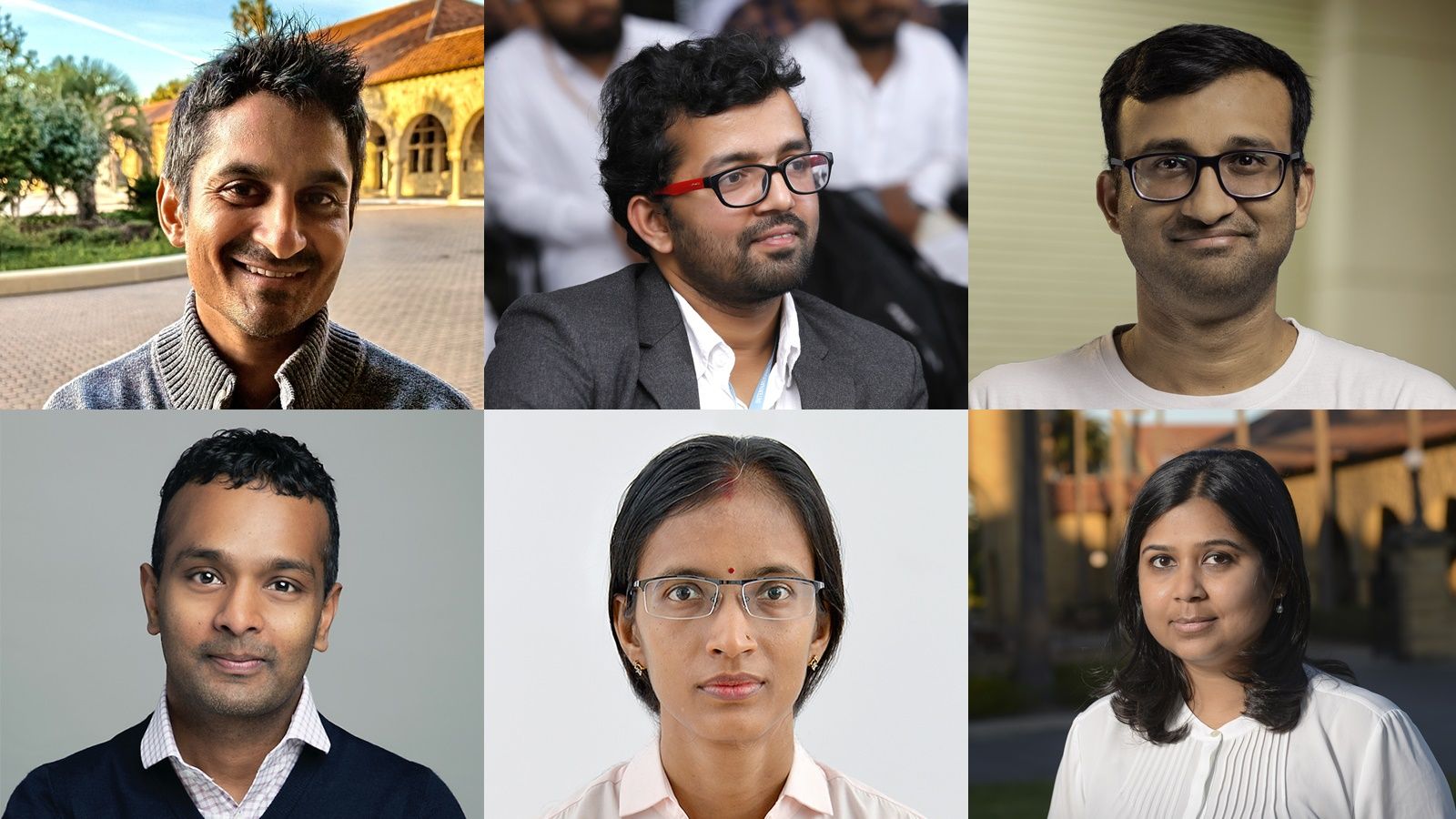Infosys Prize 2024 Announced: Young Researchers Across Disciplines Recognized with Gold Medal and USD 100,000 Grant

Bengaluru, India - The Infosys Science Foundation (ISF) has announced the winners of the Infosys Prize 2024, a prestigious award that recognizes outstanding scientific and academic contribution made by researchers under 40 in various fields.
Six young researchers were awarded with the coveted prize, including Arun Chandrasekhar from Stanford University's Department of Economics, Shyam Gollakota from the University of Washington's School of Computer Science and Engineering, Mahmood Kooria from the University of Edinburgh's School of History, Classics, and Archaeology, Siddhesh Kamat from the Indian Institute of Science Education and Research in Pune, Neena Gupta from the Indian Statistical Institute's Theoretical Statistics and Mathematics Unit, and Vedika Khemani from Stanford University's Physics Department.
The winners will receive a gold medal, a citation, and a prize purse of USD 100,000 (or equivalent in INR), as well as in-kind prizes that align with their research interests. This year, the ISF made a strategic shift to focus on researchers under 40, highlighting the importance of early recognition in nurturing scientific and academic talent in India.
"The Infosys Prize has played a pivotal role in recognizing brilliant minds whose contributions shape the future of research and science," said Kris Gopalakrishnan, President of the Infosys Science Foundation. "We refocused this year to reward early-career researchers under 40, acknowledging their immense potential to lead paradigm-shifting discoveries."
The Infosys Prize 2024 award-winning researchers are expected to make significant contributions to their respective fields and pave the way for future breakthroughs in science and academia.
The list of winners includes:
- Economics: Arun Chandrasekhar, Professor at Stanford University's Department of Economics
- Engineering and Computer Science: Shyam Gollakota, Professor at the University of Washington's School of Computer Science and Engineering
- Humanities and Social Sciences: Mahmood Kooria, Lecturer at the University of Edinburgh's School of History, Classics, and Archaeology
- Life Sciences: Siddhesh Kamat, Associate Professor at the Indian Institute of Science Education and Research in Pune
- Mathematical Sciences: Neena Gupta, Professor in the Theoretical Statistics and Mathematics Unit at the Indian Statistical Institute
- Physical Sciences: Vedika Khemani, Associate Professor in the Physics Department at Stanford University
